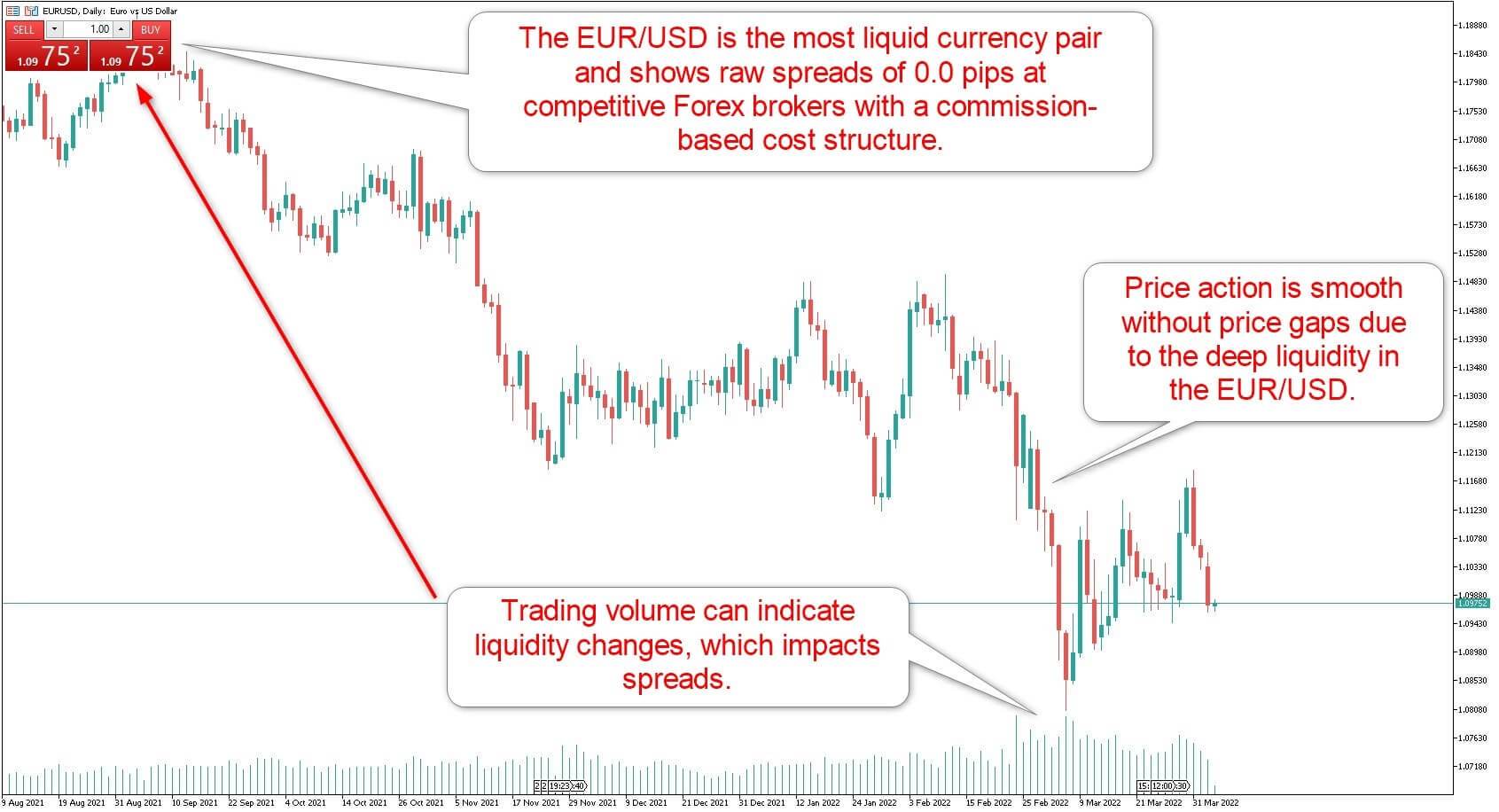
Treasury securities are typically issued to finance government operations and defense spending. They are virtually guaranteed at maturity to pay their principal back, making them a safe and reliable investment. You also get a high credit score. There are two main ways to invest in Treasury bonds. The first is via non-competitive bids, and the second through competitive bidding. It is the easiest way to buy Treasury bonds. This involves placing an order between the evening and morning of the auction. The non-competitive bidder guarantees they will purchase bonds at the auction interest rate. A competitive bid, on the other hand allows investors to choose the interest rate they would like to pay and how much money they wish to invest. The competitive bid can range from one-half to three-quarters of the issue, depending on the bidder.
Generally, the longer the maturity period of the T-bond, the more money an investor can earn. This increases the chance that the bond's price will fall. Noting that rising interest rates will make the bond more volatile, it is important to remember that the bond's maturity date is the longest. Rates will rise and the bond's price will decrease. Similarly, when rates fall, the value of the bond will increase. The government has established a maximum amount that an investor can buy in Treasury bonds at $5,000,000.

It is important to remember that acceptance of competitive bids does not guarantee acceptance. Bidders who offer yields higher than those set by auctions will be rejected. However, if the competitive bid offers a rate equal to or lower that the auction's yield, the bid is accepted. In addition, competitive bids are usually made by corporations or individuals with a knowledge of the securities market.
BrokerTec's minimum trade size for new bonds is $1,000,000, and the average trade size for this bond is just over that. This could be due either to the bond's newness or low trading activity. Trade volumes are also less than other recently issued Treasury securities. This may be due to investors moving risk at higher costs.
With an estimated $24 trillion market value, the Treasury bond market is the biggest in the world. This number has grown by more that $5 trillion over the past five-years. In response to this market increase, the Treasury Department requested primary dealers to purchase back bonds that were currently held on the balance sheets. To improve liquidity, these bonds can now be traded in the secondary exchange.

A Treasury fact sheet highlights 12 key actions in the official sector. These include the reopening of the 20-year bond, the release of weekly aggregate volume data, and the reopening of the separate trading of registered interest and principal of securities (STRIPS). In addition, the IAWG released its second Staff Progress Report last week. The IAWG reported on recent accomplishments as well future work. It also provided an overview of the recent accomplishments of the Treasury market resilience project.
FAQ
How can I invest in stock market?
Through brokers, you can purchase or sell securities. Brokers buy and sell securities for you. You pay brokerage commissions when you trade securities.
Banks typically charge higher fees for brokers. Banks often offer better rates because they don't make their money selling securities.
If you want to invest in stocks, you must open an account with a bank or broker.
A broker will inform you of the cost to purchase or sell securities. He will calculate this fee based on the size of each transaction.
Ask your broker questions about:
-
Minimum amount required to open a trading account
-
Are there any additional charges for closing your position before expiration?
-
What happens if your loss exceeds $5,000 in one day?
-
how many days can you hold positions without paying taxes
-
whether you can borrow against your portfolio
-
How you can transfer funds from one account to another
-
How long it takes for transactions to be settled
-
The best way buy or sell securities
-
How to Avoid Fraud
-
How to get help when you need it
-
How you can stop trading at anytime
-
whether you have to report trades to the government
-
Reports that you must file with the SEC
-
Do you have to keep records about your transactions?
-
How do you register with the SEC?
-
What is registration?
-
How does it affect me?
-
Who is required to register?
-
When do I need to register?
What is a fund mutual?
Mutual funds are pools that hold money and invest in securities. They offer diversification by allowing all types and investments to be included in the pool. This helps reduce risk.
Professional managers oversee the investment decisions of mutual funds. Some funds offer investors the ability to manage their own portfolios.
Mutual funds are more popular than individual stocks, as they are simpler to understand and have lower risk.
How do people lose money on the stock market?
Stock market is not a place to make money buying high and selling low. It is a place where you can make money by selling high and buying low.
Stock market is a place for those who are willing and able to take risks. They would like to purchase stocks at low prices, and then sell them at higher prices.
They are hoping to benefit from the market's downs and ups. If they aren't careful, they might lose all of their money.
Why is a stock called security.
Security is an investment instrument whose worth depends on another company. It may be issued by a corporation (e.g., shares), government (e.g., bonds), or other entity (e.g., preferred stocks). If the underlying asset loses its value, the issuer may promise to pay dividends to shareholders or repay creditors' debt obligations.
Are bonds tradable?
Yes, they are. As shares, bonds can also be traded on exchanges. They have been trading on exchanges for years.
The difference between them is the fact that you cannot buy a bonds directly from the issuer. A broker must buy them for you.
This makes it easier to purchase bonds as there are fewer intermediaries. This means you need to find someone willing and able to buy your bonds.
There are many types of bonds. Some pay interest at regular intervals while others do not.
Some pay interest every quarter, while some pay it annually. These differences make it possible to compare bonds.
Bonds are great for investing. In other words, PS10,000 could be invested in a savings account to earn 0.75% annually. This amount would yield 12.5% annually if it were invested in a 10-year bond.
You could get a higher return if you invested all these investments in a portfolio.
What is the difference in a broker and financial advisor?
Brokers help individuals and businesses purchase and sell securities. They handle all paperwork.
Financial advisors can help you make informed decisions about your personal finances. They can help clients plan for retirement, prepare to handle emergencies, and set financial goals.
Banks, insurance companies or other institutions might employ financial advisors. They could also work for an independent fee-only professional.
You should take classes in marketing, finance, and accounting if you are interested in a career in financial services. Also, it is important to understand about the different types available in investment.
What are some advantages of owning stocks?
Stocks can be more volatile than bonds. The stock market will suffer if a company goes bust.
But, shares will increase if the company grows.
For capital raising, companies will often issue new shares. This allows investors to purchase additional shares in the company.
Companies use debt finance to borrow money. This allows them to get cheap credit that will allow them to grow faster.
A company that makes a good product is more likely to be bought by people. The stock's price will rise as more people demand it.
As long as the company continues to produce products that people want, then the stock price should continue to increase.
Statistics
- Individuals with very limited financial experience are either terrified by horror stories of average investors losing 50% of their portfolio value or are beguiled by "hot tips" that bear the promise of huge rewards but seldom pay off. (investopedia.com)
- Even if you find talent for trading stocks, allocating more than 10% of your portfolio to an individual stock can expose your savings to too much volatility. (nerdwallet.com)
- Ratchet down that 10% if you don't yet have a healthy emergency fund and 10% to 15% of your income funneled into a retirement savings account. (nerdwallet.com)
- For instance, an individual or entity that owns 100,000 shares of a company with one million outstanding shares would have a 10% ownership stake. (investopedia.com)
External Links
How To
How to Invest in Stock Market Online
Stock investing is one way to make money on the stock market. There are many methods to invest in stocks. These include mutual funds or exchange-traded fund (ETFs), hedge money, and others. The best investment strategy depends on your investment goals, risk tolerance, personal investment style, overall market knowledge, and financial goals.
First, you need to understand how the stock exchange works in order to succeed. This involves understanding the various types of investments, their risks, and the potential rewards. Once you have a clear understanding of what you want from your investment portfolio you can begin to look at the best type of investment for you.
There are three main types of investments: equity and fixed income. Equity is ownership shares in companies. Fixed income means debt instruments like bonds and treasury bills. Alternatives include things like commodities, currencies, real estate, private equity, and venture capital. Each option has its pros and cons so you can decide which one suits you best.
Once you figure out what kind of investment you want, there are two broad strategies you can use. The first is "buy and keep." This means that you buy a certain amount of security and then you hold it for a set period of time. Diversification, on the other hand, involves diversifying your portfolio by buying securities of different classes. If you buy 10% each of Apple, Microsoft and General Motors, then you can diversify into three different industries. Multiplying your investments will give you more exposure to many sectors of the economy. You are able to shield yourself from losses in one sector by continuing to own an investment in another.
Risk management is another key aspect when selecting an investment. Risk management will allow you to manage volatility in the portfolio. If you were only willing to take on a 1% risk, you could choose a low-risk fund. A higher-risk fund could be chosen if you're willing to accept a risk of 5%.
Learn how to manage money to be a successful investor. You need a plan to manage your money in the future. A good plan should include your short-term, medium and long-term goals. Retirement planning is also included. Then you need to stick to that plan! You shouldn't be distracted by market fluctuations. Keep to your plan and you will see your wealth grow.